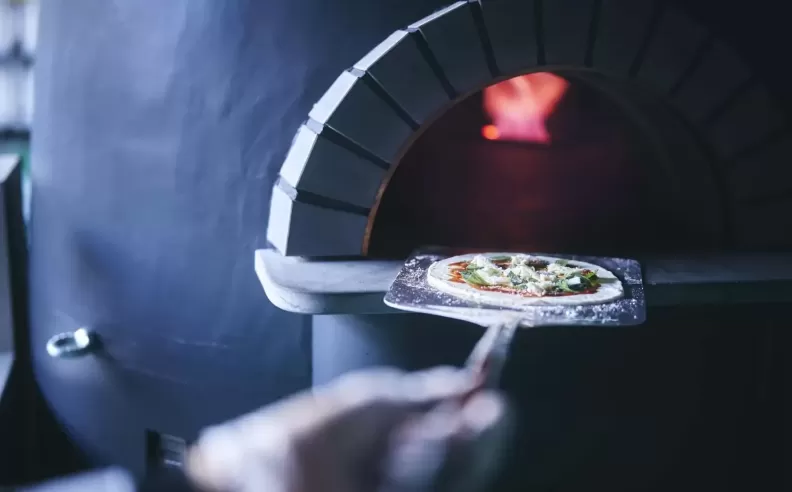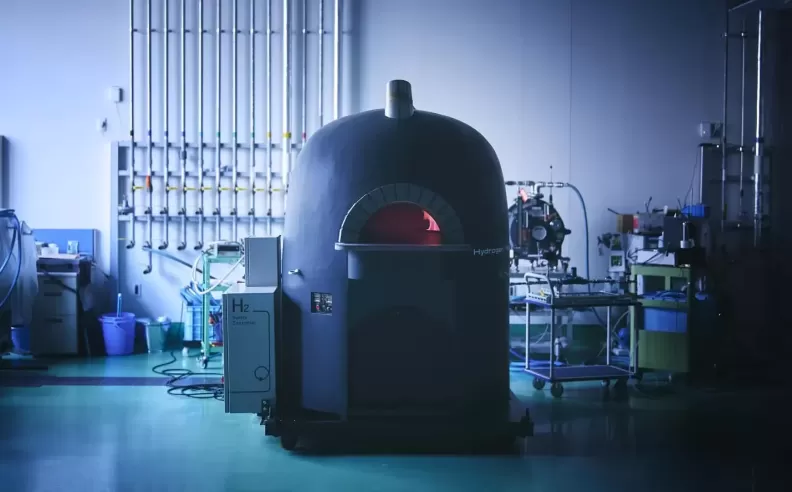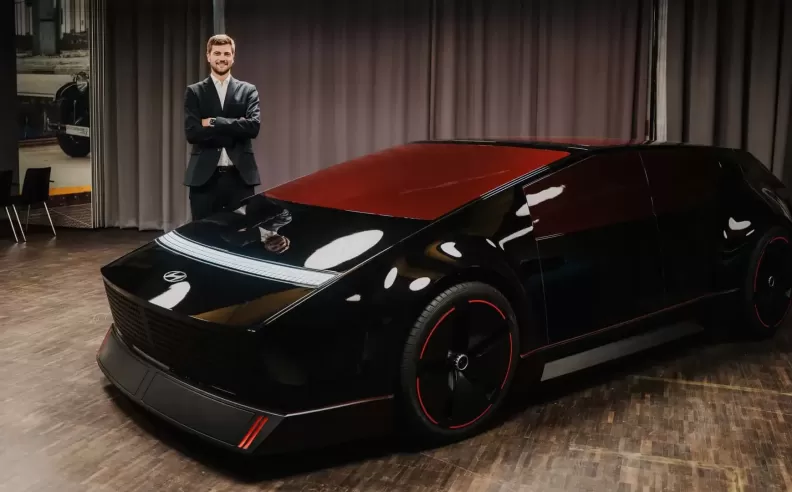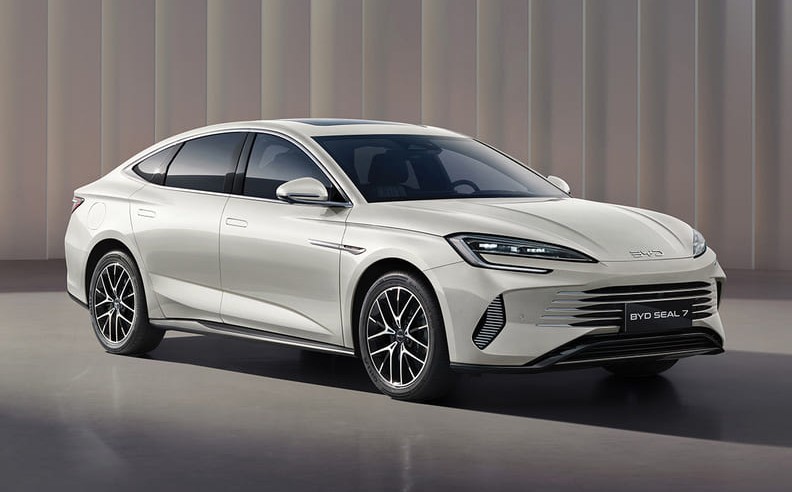
In a surprising pivot from its automotive roots, Toyota is exploring the culinary world with groundbreaking hydrogen technology. This shift is exemplified by the creation of what Toyota claims to be the world’s first hydrogen-powered stone oven.
Toyota, a giant in the automotive industry, teamed up with Japanese gas appliance maker Rinnai to introduce this innovative oven at the Japan Mobility Show. The oven quickly captured attention by serving visitors freshly baked pizzas and croissants, a hit especially among children. Building on this initial success, Toyota’s employees are now making pizzas and croissants during their workday, showcasing the oven’s practical use.

Encouraged by the success of the hydrogen-powered stone oven, Toyota didn’t stop there. The company went on to develop additional hydrogen cookers, including the hydrogen grille, which has been used at various Toyota-endorsed motorsport events. Moreover, Toyota’s engineers also built a kamado, a traditional Japanese wood or charcoal-fueled cook stove, powered by hydrogen.
This culinary exploration aligns Toyota with other automakers like Volkswagen, Bentley, and Peugeot, who have ventured into unique non-automotive products, such as currywurst sausages, honey, and pepper grinders, respectively. Although Toyota’s hydrogen-powered stone oven isn’t available for purchase, visitors to car shows in Japan might get the chance to taste a pizza or a croissant made with this innovative technology.
Despite facing challenges with its hydrogen vehicle sales, such as the underwhelming performance of the Mirai, Toyota remains committed to hydrogen technology. The Mirai is still in production, and Toyota continues to explore hydrogen powertrains with models like the Crown sedan in Japan. Additionally, engineers are working on hydrogen-powered internal combustion engines, developing prototypes like the GR Yaris H2 and GR Corolla H2.
Looking ahead, Toyota is also diving into the world of motorsport with hydrogen technology. The GR H2 Racing, a hydrogen-powered race car concept, is set to compete in the new Le Mans H2 class later this decade. Toyota’s ongoing partnership with BMW further underscores its belief in the potential of hydrogen-fueled vehicles.
Toyota’s innovative approach to hydrogen-powered cooking is a testament to its willingness to explore beyond the automotive industry. By integrating hydrogen technology into culinary appliances, Toyota not only demonstrates the versatility and efficiency of hydrogen but also brings a new dimension to its brand. Whether it’s through pioneering vehicles or delectable hydrogen-cooked pizzas, Toyota continues to push the boundaries of what’s possible with hydrogen, cementing its place as a leader in both the automotive and culinary worlds.

Wael is an automotive content writer specializes in creating written content for Motor 283. Producing a wide range of content, including blog posts, articles, product descriptions, reviews, and technical guides related to cars, trucks, motorcycles, and other vehicles, with an unprecedented passion for cars, and motorcycles.

